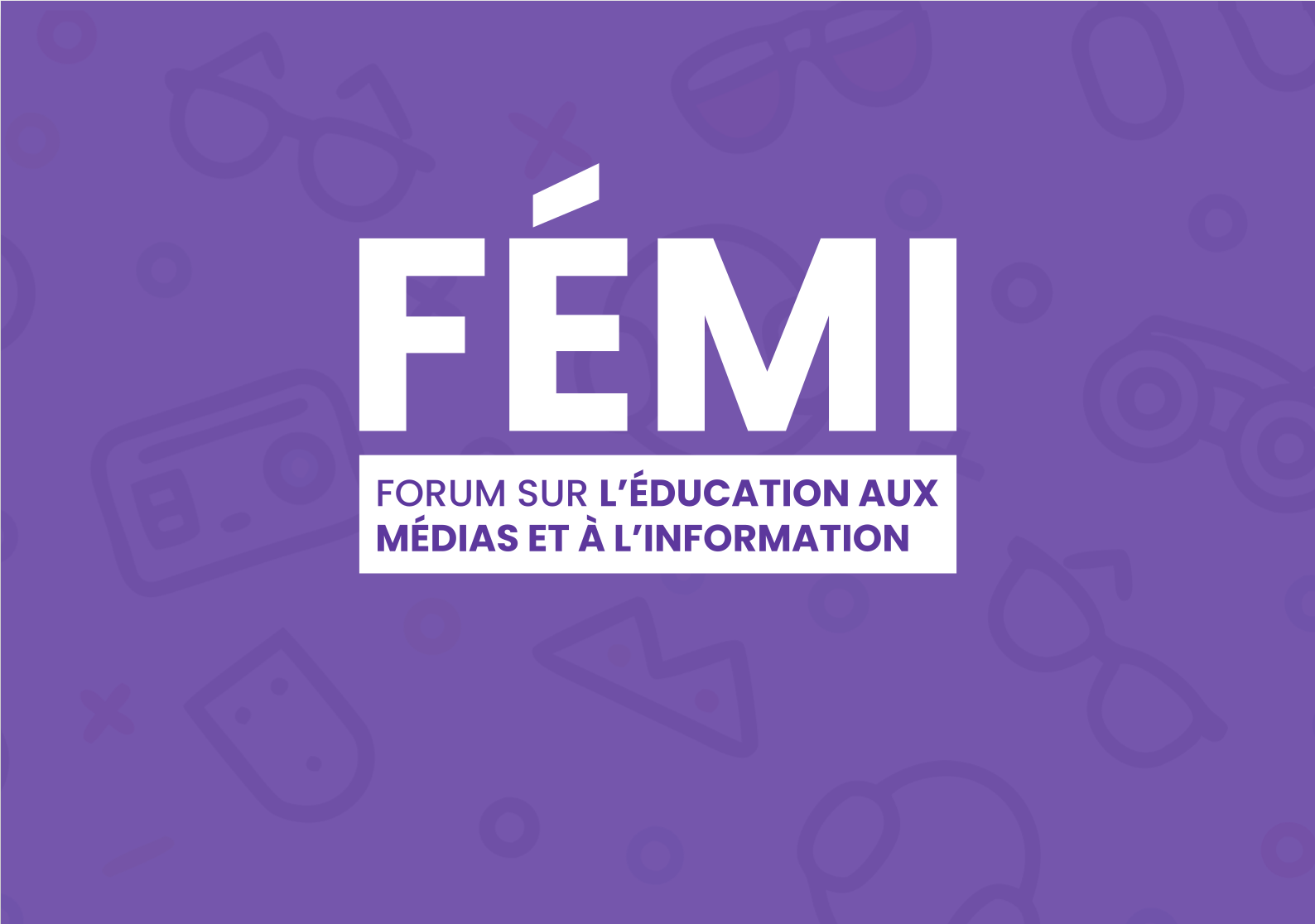During two intense days of reflection, exchange and commitment, the Cameroonian capital was the scene of a major event for the future of education and democracy on the African continent. The Forum on Media and Information Education (EMI), organized by Eduk-Media in partnership with renowned national and international institutions such as UNESCO, CFI Médias and the Clemi, brought together a rich and diverse audience: teachers, researchers, parliamentarians, students, activists, journalists, representatives of educational institutions and international partners.
At the heart of these two days: a common ambition: to make the EMI a structuring pillar of educational policies in Africa and an essential tool for the strengthening of citizenship and democracy.
A diversity of actors, the same course: the institutionalization of the EMI
From the opening, the tone was set: think the EMI beyond awareness, as a transversal competence to integrate permanently in educational systems. The forum started with a series of founding speaking, in particular the presentation of the Deinfox Youth project by Fabrice Makem, Secretary General of Eduk-Media Cameroon, and an institutional context with the MINJEC (Ministry of Youth and Civic Education) via the Pronec-Réamorce program, which shows the growing interest of public authorities for education in digital citizenship.
The round tables then succeeded around several key themes:
The fundamental concepts of the EMI, its specific challenges in African contexts, its registration in international agendas (ODD, Paris declaration on the EMI, etc.).
And above all, feedback from inspiring experiences from France, Kenya, Brazil, Belgium, illustrating how other countries have started or succeeded in the institutionalization of the EMI.
Education, citizenship, democracy: EMI at the service of commitment
The second day expanded reflection on public policies and citizen engagement. A high -level round table has brought together educational managers, parliamentarians and field experts around the central issue: how to integrate the EMI in school programs?
The participants highlighted several emergencies:
- Train teachers in digital and media issues,
- Develop contextualized educational content,
- Promote local experiences already at work,
- and strengthen collaborations between ministries, NGOs, schools and media.
The testimonies from Senegal, Côte d'Ivoire, Burundi, Chad and Cameroon have shown how EMI can transform the relationship of young people to information, strengthen their critical mind and stimulate their civic commitment, particularly in electoral period, where disinformation proliferates.
Masterclass, sharing of experiences and concrete recommendations
The forum was not satisfied with theoretical discussions. Two masterclass made it possible to enter into the details:
- One, hosted by Serge Barbet of the Clemi, explored the challenges encountered in France in the integration of the EMI into the education system,
- The other has highlighted the local dynamics already existing in Central and Eastern Africa, often carried by civil society or pilot projects.
The Conclusive Round Table has marked a highlight, calling for a national roadmap for the EMI. Among the recommendations made:
- Integrate the EMI into the curricula from the primary,
- Create a shared resource platform,
- Create school media,
- develop a national network of EMI actors,
- and institutionalize an annual EMI day in Cameroon.
A decisive step for a continental dynamic.
This forum is not an end in itself. It is part of a collective and continental dynamic aimed at making EMI a lasting lever for social transformation, empowerment of young people and consolidation of democracy.
It recalls obvious: in a world saturated with information, media and information education is not a luxury. It is a vital competence, an educational emergency, and a fundamental right.
The central theme of the forum, "reflection for an EMI in educational programs", today calls for concrete commitments. It is time to act so that each student, each teacher, each citizen becomes an enlightened player in the information society.
Article written by Badal Fohmoh









